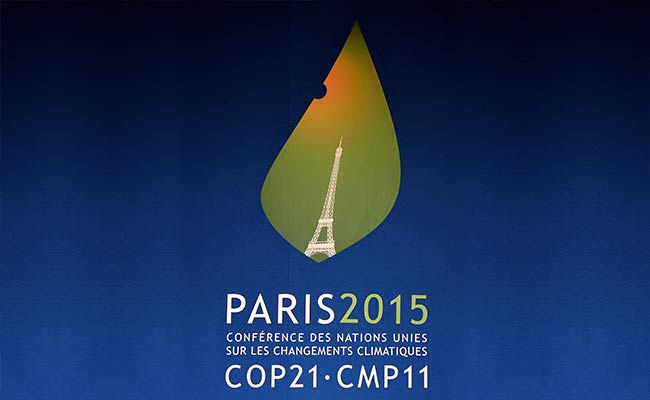(TibetanReview.net, Dec17, 2015) – The Tibetan administration in exile at Dharamshala, India, has on Dec 15 welcomed the commitment reached by the 195 countries at the COP21 meeting in Paris to tackle climate change by setting the objective of keeping the rise in global temperatures “well below” 2.0°C by the year 2030. However, it has suggested that Tibet had not received the attention it deserved during the discussions. “The Paris Agreement is a step in the right direction, but it’s only a first step,” said the exile administration minister (kalon) for Information and International Relations, Ms Dicki Chhoyang.
The exile administration warned in a statement that a comprehensive understanding of global climate change was impossible without looking at Tibet. “Tibet, also known as the roof of the world, is an environmentally strategic area and plays a critical role in addressing climate change,” it said.
The Paris Agreement calls on governments to “take action to conserve and enhance, as appropriate, sinks and reservoirs of greenhouse gases … including forests.” In this context, the statement said Tibet had suffered from massive deforestation, contributing to climate change. “Tibet’s forests once covered 25.2 million hectares. By China’s own estimates, 80 per cent of Tibet’s forests have been destroyed.”
The statement said China’s damming of every major river in Tibet, with plans for more dams, can cause serious, irreversible environmental damage without proper consultation and impact assessments of these hydropower projects.
The statement also called for an immediate halt to China’s forced removal of Tibetan nomads from their lands and to reverse such actions that had already been taken. It said nomadic mobility was key to protecting the world’s dry lands.
The statement regretted the deletion of binding language on the protection of human rights from the final text and urged that the implementation of the Paris Agreement provide protection for groups on the frontlines of the climate crisis, including Tibetans. In this connection the statement recalled what the UN High Commissioner for Human Rights had said: “Indigenous peoples, migrants, older persons, minorities, children, persons with disabilities, those living under occupation, women and girls” need explicit protection from climate change.



